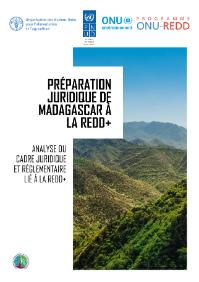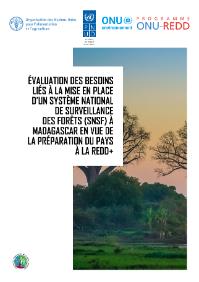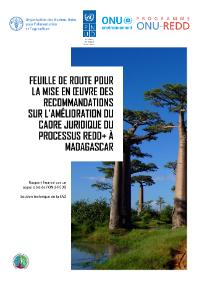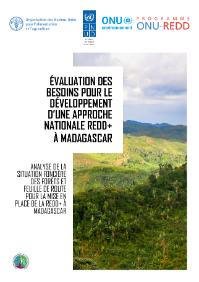Using natural areas and empowering women to buffer food security and nutrition from climate shocks: Evidence from Ghana, Zambia, and Bangladesh
As climate change makes precipitation shocks more common, policymakers are becoming increasingly interested in protecting food systems and nutrition outcomes from the damaging effects of droughts and floods (Wheeler and von Braun, 2013). Increasing the resilience of nutrition and food security outcomes is especially critical throughout agrarian parts of the developing world, where human subsistence and well-being are directly affected by local rainfall.












